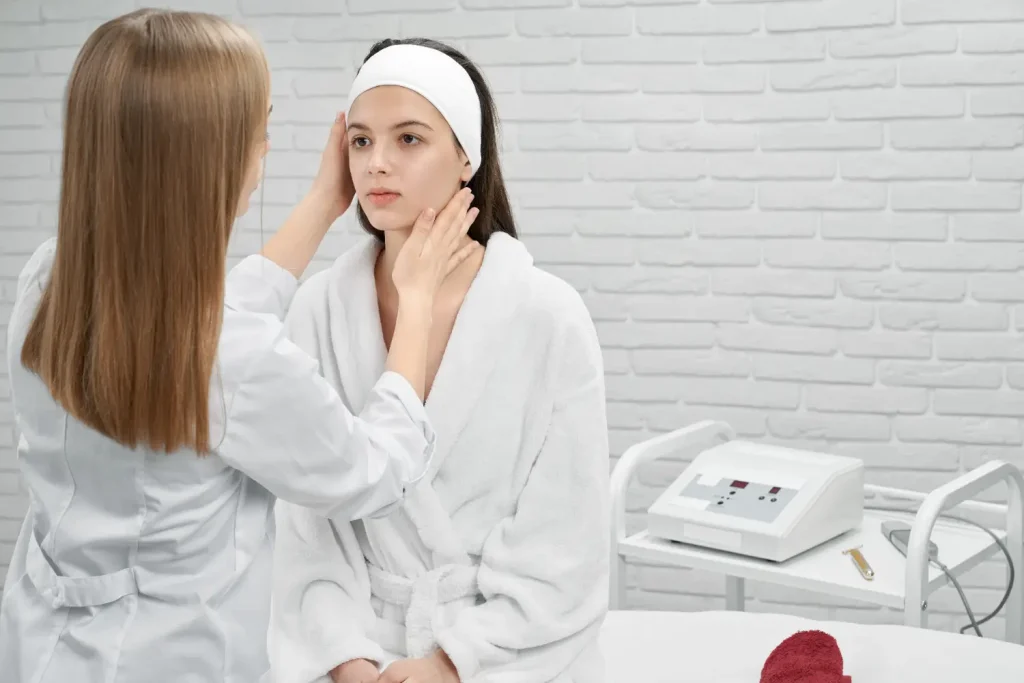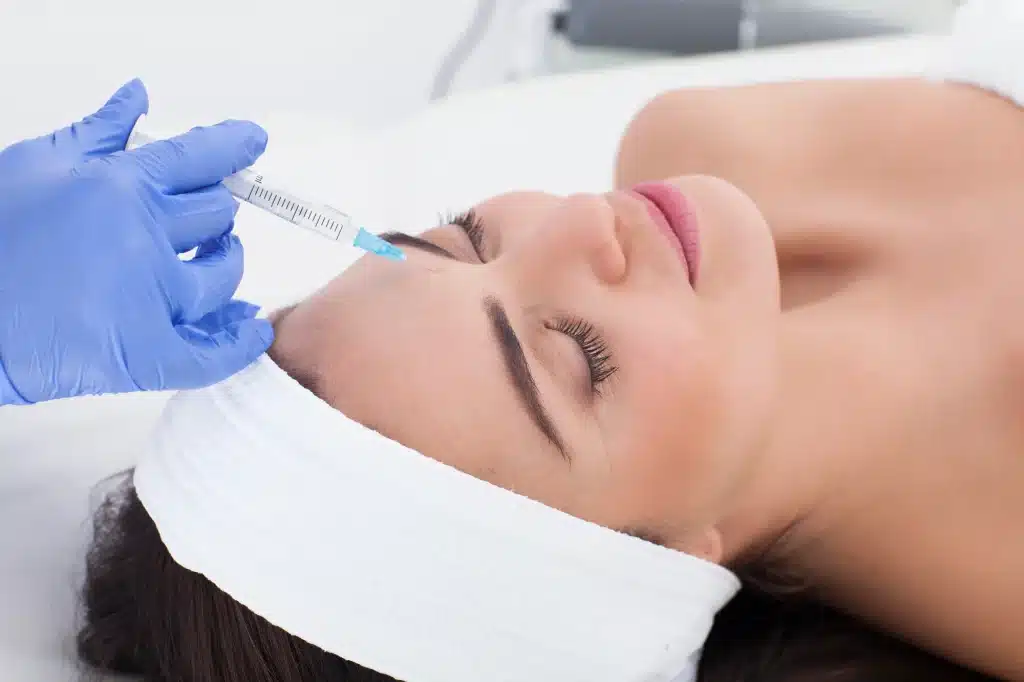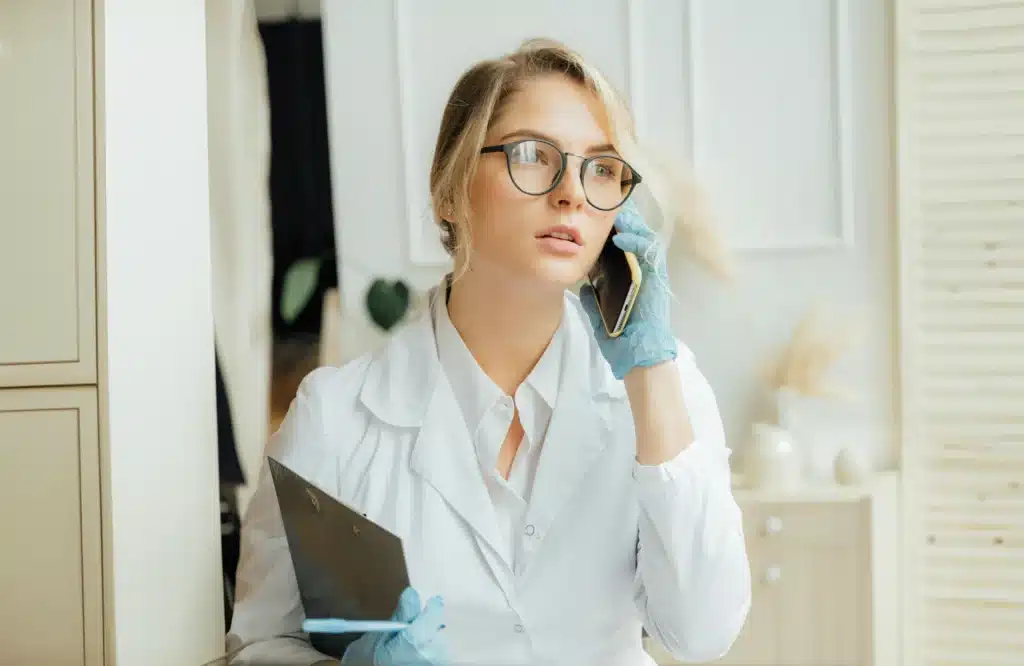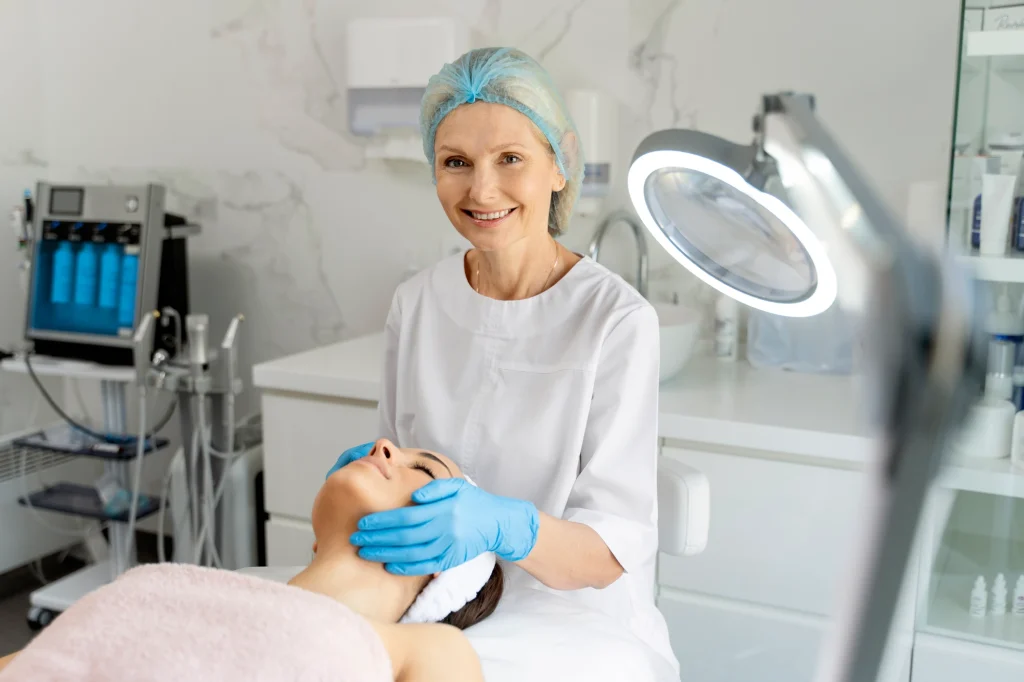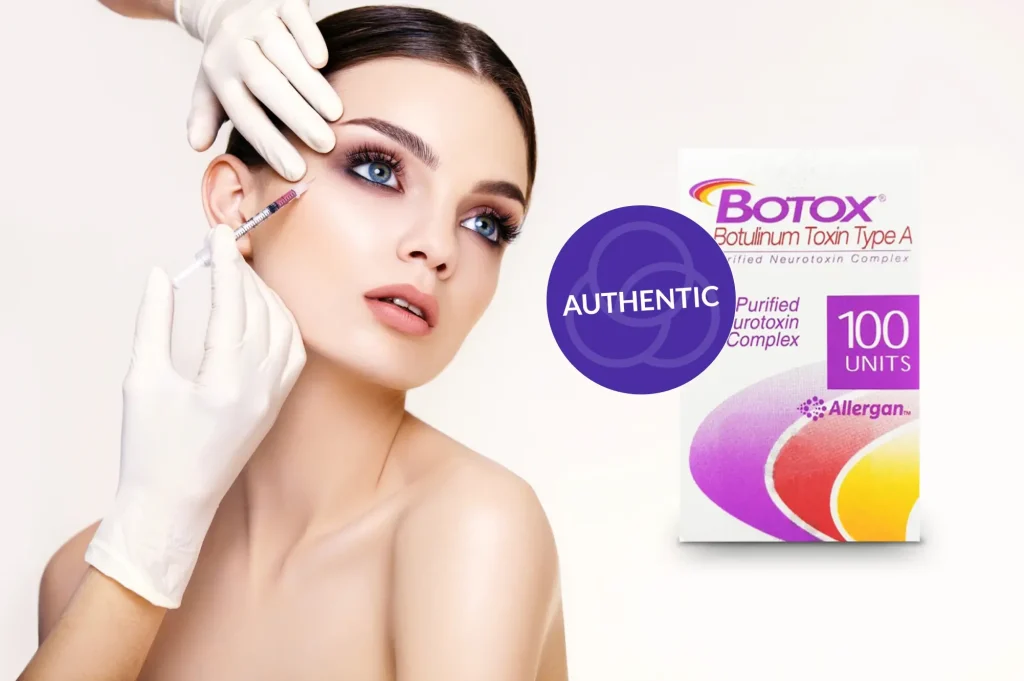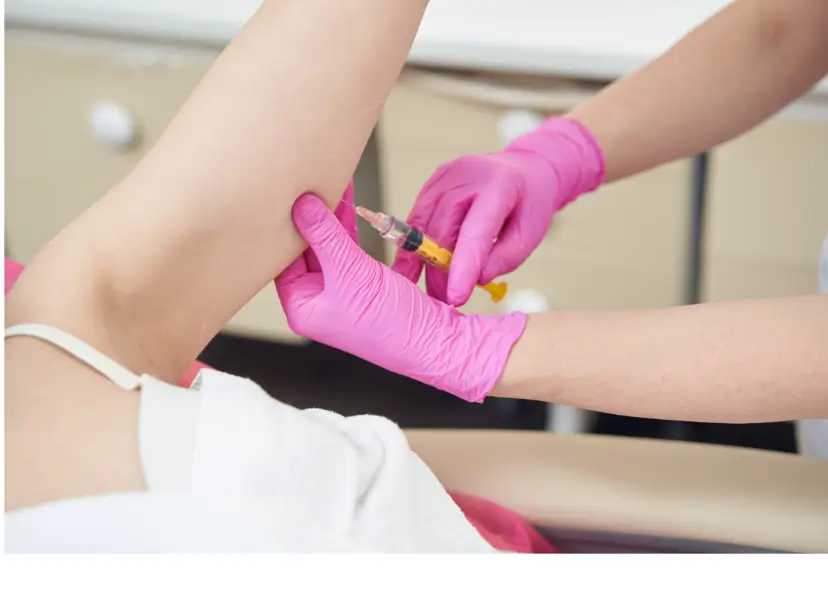1. What is Botox used for?
Botox has been proven to have both cosmetic and medical benefits. Medically it is used to treat crossed eyes, chronic migraines, underarm sweating, and muscle spasms. It is most well-known for correcting the appearance of expression-related wrinkles.
2. Where does Botox work best?
Botox is meant to be injected into the muscle to reduce contractions. It works by temporarily reducing movement in the injected muscle to relieve symptoms of certain disorders or to reduce the appearance of dynamic facial wrinkles.
3. What is getting Botox like?
Botox administration by a qualified professional is a quick and comfortable experience. Typically, following an evaluation, the professional will identify target areas. Using a small needle, the professional will administer Botox to the target areas. Depending on the complexity of the condition, follow-up injections and monitoring may be required.
4. Do the injections hurt?
Botox is administered using small needles. There is minimal pain, but an anesthetic may be an option if you are concerned.
5. How long does Botox take to work?
The effects of Botox injections are not instantaneous. Depending on the amount injected, patients may begin to feel and see results between 5 and 7 days after the injections. The full results may take a few weeks, depending on the area and condition treated.
It is also crucial to allow time for any marks and swelling to subside. Botox injections should be scheduled well in advance of any significant events to allow time for results to appear.
6. How long does Botox last?
Botox injections are not a solution for permanent results. Patients will have to maintain with follow-up injections to keep the results. The human body takes time to react and adjust to the introduction of botulinum toxin. The general recommendation is a minimum of 3 months in-between treatments, beforea visible reduction appears, although the results may last longer.
The direct effects of Botox injections typically start dissipating more quickly for first-time patients. There are other factors that do affect the longevity of Botox treatment, ranging from the patient’s age, severity of the dermal condition being treated, pre-existing medical conditions, through to the patient’s rate of metabolism.
7. How far in advance of a special event should Botox be administered?
First-time patients should schedule Botox at least a month before any special occasion. This gives the body time to adequately react to the toxin.
8. What is the best age to receive Botox?
Patients can get Botox as early as in their 20s as a preventative measure for dynamic wrinkles. The treatment is also approved for pediatric patients experiencing lower limb spasticity. Discuss treatment limitations with your doctor.
9. What happens to Botox inside the body?
Botox has a localized effect. Botox is injected into target muscles and blocks the synapses of those muscles. Once the synapses are blocked, any transmissions from the nerves in the target area are blocked, and the muscles will not contract.
10. Who can get Botox?
Botox has gained popularity due to its prominence in celebrity circles. However, Botox is not just for celebrities and elderly people. People who are 20 years of age or older can get Botox as long as their doctor believes they are a candidate for it.
11. Can Botox be used in combination with other treatments?
Some doctors use Botox alongside dermal fillers. It is believed that the combination treatment can help prolong the effects. As well, since Botox is injected into the muscle, it is only used to treat dynamic wrinkles. Dermal fillers can fill static wrinkles for a more refined appearance. As well, Botox can be suitable for treatment alongside physical therapy and pain relievers when used for medical conditions.
12. Who can administer Botox injections?
Only a certified medical doctor, dermatologist, or surgeon should administer Botox treatments. Nurses and doctor’s assistants can administer Botox injections if they are properly trained, depending on their local legislations. Otolaryngologists, commonly known as ear, nose, and throat doctors, can also administer and supervise Botox treatments. Patients should make sure a qualified injector or doctor administers the administration of Botox.
13. How can patients be sure they are receiving real Botox?
Counterfeit Botox does exist. Botox comes in powder form and is diluted with a saline solution prior to injection. To ensure that they are receiving authentic Botox, patients must do their research and only receive Botox injections from a certified professional. You may also ask to see that the vial is opened in front of you and to see that there is an Allergan hologram on the vial.
14. Are there any side effects of Botox?
There are some side effects that can occur when using Botox, the most common of which include inflammatory responses.
Bruising
Redness
Bleeding
Pain
Swelling
15. Are there permanent alternatives to Botox?
Botox is an extremely safe, minimally-invasive treatment. There are no permanent alternatives to Botox, but there are several other popular brands that people use. These brands include Azzalure, Myobloc, Dysport, and Xeomin.
16. What is the difference between Botox and dermal fillers?
Botox uses botulinum toxin type A to relax muscles. Dermal fillers use ingredients such as hyaluronic acid, poly-L-lactic acid, and calcium hydroxylapatite to fill in skin depressions, hydrate the skin, and improve the skin’s texture.
17. Is there any truth to Botox myths?
| Myth | Fact |
| Botox is poisonous | Botox is a safe, purified protein derived from botulinum toxin and only contains a therapeutic dose. |
| Botox gives patients a permanent, expressionless look | If administered properly, Botox only temporarily reduces dynamic wrinkles. |
| Anyone can administer Botox | Botox should be administered only by certified medical professionals. |
| If patients stop getting Botox, their skin will sag | If patients stop using Botox, their skin returns to normal. Stopping Botox treatments does not damage the skin. |
| Botox is addictive | Botox has no addictive properties. |
| Botox is very expensive | Technological advancements have made Botox a relatively inexpensive treatment. As well, there are cost-saving options for those who receive Botox on a regular basis for medical conditions. |



